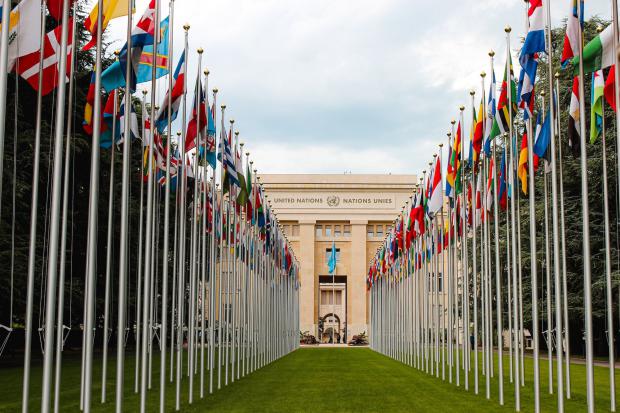
Breaking News
 IT'S OVER: Banks Tap Fed for $17 BILLION as Silver Shorts Implode
IT'S OVER: Banks Tap Fed for $17 BILLION as Silver Shorts Implode
SEMI-NEWS/SEMI-SATIRE: December 28, 2025 Edition
 China Will Close the Semiconductor Gap After EUV Lithography Breakthrough
China Will Close the Semiconductor Gap After EUV Lithography Breakthrough
 The Five Big Lies of Vaccinology
The Five Big Lies of Vaccinology
Top Tech News
 EngineAI T800: Born to Disrupt! #EngineAI #robotics #newtechnology #newproduct
EngineAI T800: Born to Disrupt! #EngineAI #robotics #newtechnology #newproduct
 This Silicon Anode Breakthrough Could Mark A Turning Point For EV Batteries [Update]
This Silicon Anode Breakthrough Could Mark A Turning Point For EV Batteries [Update]
 Travel gadget promises to dry and iron your clothes – totally hands-free
Travel gadget promises to dry and iron your clothes – totally hands-free
 Perfect Aircrete, Kitchen Ingredients.
Perfect Aircrete, Kitchen Ingredients.
 Futuristic pixel-raising display lets you feel what's onscreen
Futuristic pixel-raising display lets you feel what's onscreen
 Cutting-Edge Facility Generates Pure Water and Hydrogen Fuel from Seawater for Mere Pennies
Cutting-Edge Facility Generates Pure Water and Hydrogen Fuel from Seawater for Mere Pennies
 This tiny dev board is packed with features for ambitious makers
This tiny dev board is packed with features for ambitious makers
 Scientists Discover Gel to Regrow Tooth Enamel
Scientists Discover Gel to Regrow Tooth Enamel
 Vitamin C and Dandelion Root Killing Cancer Cells -- as Former CDC Director Calls for COVID-19...
Vitamin C and Dandelion Root Killing Cancer Cells -- as Former CDC Director Calls for COVID-19...
 Galactic Brain: US firm plans space-based data centers, power grid to challenge China
Galactic Brain: US firm plans space-based data centers, power grid to challenge China
"Pact for the Future": Nations To Swear Fealty To UN

At the conference, world leaders will sign Pact for the Future, an accord in which member states will pledge their allegiance to the UN as a central, unifying government.
"We, the Heads of State and Government, representing the peoples of the world, have gathered at United Nations Headquarters to protect the needs and interests of present and future generations through the actions in this Pact for the Future," the document begins.
"We recognize that the multilateral system and its institutions, with the United Nations and its Charter at the centre, must be strengthened to keep pace with a changing world."
Member states then repeatedly "reaffirm" their "unwavering commitment" to the UN, its charter, its purposes, its principles, and Agenda 2030. They vow to comply with the UN's International Court of Justice and promise to "reform the international financial architecture."
"Reform of the international financial architecture is an important step towards building greater trust in the multilateral system," says the treaty. "We commend ongoing reform efforts and call for even more urgent and ambitious action to ensure that the international financial architecture becomes more efficient, more equitable, fit for the world of today and responsive to the challenges faced by developing countries in closing the SDG financing gap. The reform of the international financial architecture should place the 2030 Agenda at its centre, with an unwavering commitment to investing in the eradication of poverty in all its forms and dimensions."
Altogether, the document lists 60 actions that member states should take. In nearly all of them, the agreement makes it clear that the countries's interests revolve around the UN and its globalist systems.



